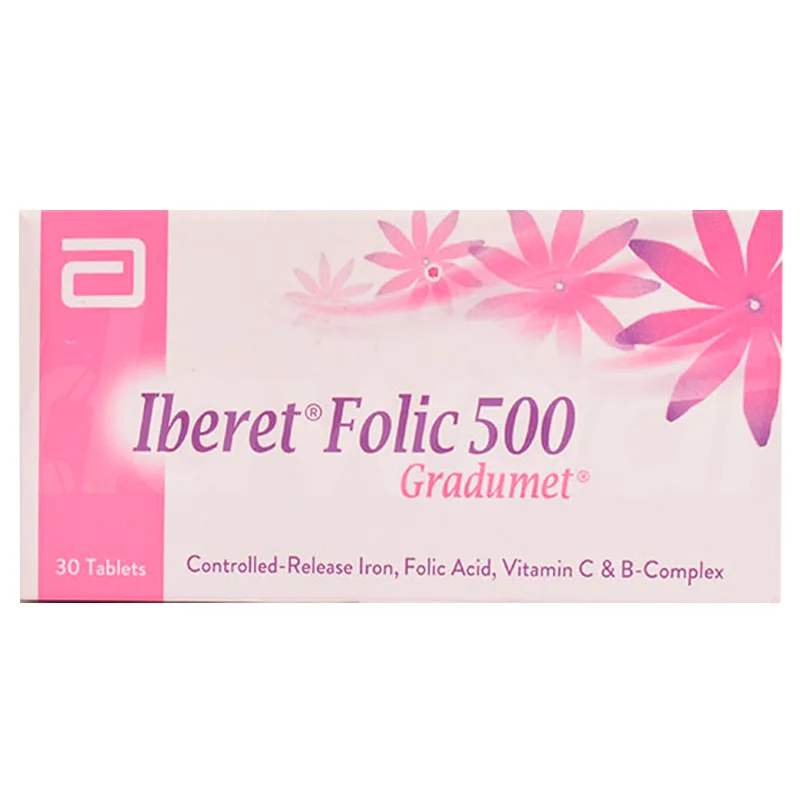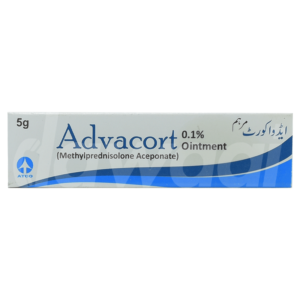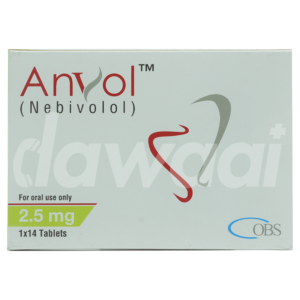Introduction
Expert Advice
Take this medication with or without meals.
Keep away from direct sunlight.
It may interact with multivalent ions. Cannot be infused with elemental compounds that can be reduced, (such as copper.)
Primary Uses
nutritional deficiencies
Indications
This supplement is used in prophylaxis and treatment of deficiencies of Vit C, Scurvy (disease caused by defiency of vit C) and adjunct in the treatment of wounds and infections, urine acidification, antioxidant, antiviral agent.
Side Effects
Patients administered with this supplement may experience dizziness, faintness, fatigue, flank pain, or headache.
Warnings
 Pregnancy
Pregnancy
No definite data regarding pregnancy is available. Pregnant females should consult their doctors before using this supplement.
 Lactation
Lactation
Caution advised. Lactaing females should consult their doctors before using this supplement.
 Precautions
Precautions
Please consult your doctor before taking this medication if you have Diabetes, or you have a history of renal (kidney) stones.
Contraindications
FAQS
What is this supplement?
This supplement is an immensely important nutrient for the body. It is found in many fresh vegetables and fruits. It is also known as Ascorbic Acid.
What are the uses of this supplement?
Vitamin C has several uses. It can be used to treat Vitamin C deficiency causing scurvy (swollen bleeding gums), weak and brittle bones, rough skin, easy bruising, weak immune system, thinning of hair, etc.
How to take Vitamin C?
It can be taken through consumption of certain fresh fruits and vegetables and/or supplements. It is better to use supplements after consulting a healthcare provider. If supplements are prescribed, the dosage is dependent on the age, condition and its severity.
How to store Vitamin C?
Please store at room temperature (18-25 Celsius) or refrigerate (depending on type and manufacturer). Keep it away from excessive light, moisture, and children. Please do not flush medicines down the toilet. Please read the leaflet provided with the medicine for further storage guidance.
What are the most common sources of Vitamin C?
Following are the most common sources:
• Blackcurrants
• Citrus fruits- oranges, lemons, limes
• Kiwi fruit
• Tomato
• Broccoli
• Capsicum
• Papaya
• Strawberries
Important notes for use of this supplement?
• Please do not overdose on Vitamin C as some conditions/ diseases might worsen such as mental function in Alzheimer’s disease.
• Alcohol consumption leads to greater excretion of vitamin C.
• If you have any disease/condition, make sure to consult a healthcare provider before using Vitamin C supplements.
Disclaimer
Dawaai’s intention is to make sure that it’s consumers get information that is accurate, reviewed by an expert and error-free. However, the information mentioned here should not be used as a replacement for the advice of a qualified physician. The information given here is for informational purposes only, which may not cover all possible precautions, side effects, contraindications or drug interactions. Consult your doctor and discuss your queries related to any medicine or disease.






Reviews
There are no reviews yet.